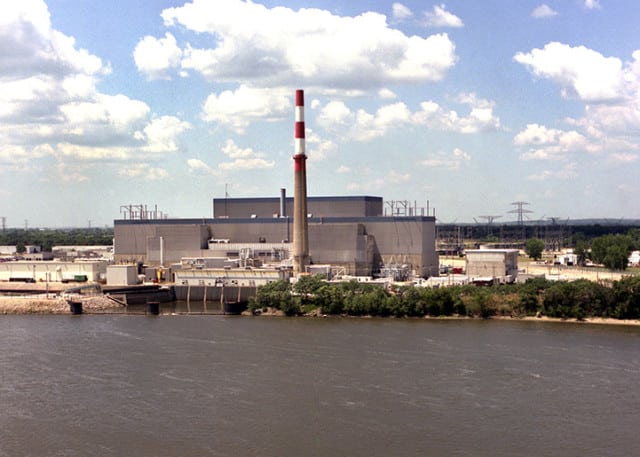Nuclear Power Plants Set Performance Records in Spite of Pandemic
It’s spring outage season in the power industry. A time when plants of all types typically shut down and perform scheduled maintenance to ensure all essential equipment is as ready as possible to run reliably at full load for days on end during the peak summer season.
This year, outages have been complicated by the COVID-19 outbreak. Most companies have social distancing measures in place to mitigate the spread of the disease. Many are also limiting the number of contractors allowed onsite to reduce the risk of exposure. That makes jobs requiring more than one person more difficult to manage.
While most power plants that had spring outages planned reviewed the scope of work and postponed jobs that were deemed non-essential, nuclear power plants face a unique challenge in that they must refuel on schedule or they cannot function as designed. Most, if not all, U.S. nuclear plants operate on 18- or 24-month refueling cycles, with schedules devised to take units offline in either the spring or fall when there is less demand for power. Of the 96 operational nuclear reactors in the U.S., at least 31 were scheduled to conduct refueling outages in the February 2020 through May 2020 timeframe.
In spite of the additional
challenges, several nuclear plants set new performance records this spring. Exelon
Generation reported that it completed outages at four of its six Illinois
nuclear plant sites, setting new operational records at each facility (Figure
1).

“The essential workers who
operate, maintain and refuel Exelon’s Illinois nuclear stations delivered a
heroic performance this spring,” Bryan Hanson, president and chief nuclear
officer with Exelon Generation, said in a statement. “Not only did they perform
the required outage work safely and effectively, but they did it in record time
while preventing the spread of COVID-19.”
Exelon Generation operates the largest U.S. fleet of nuclear power plants—totaling more than 18.7 GW of capacity—with 21 reactors at 12 facilities in Illinois, Maryland, New York, and Pennsylvania. Among the accomplishments its Illinois plants attained this spring were:
- LaSalle had its shortest-ever refueling outage at
18 days. - Quad Cities completed the site’s longest
continuous run of 722 days and achieved a new station record for outage
duration at 16 days. - Byron and Braidwood both completed their sixth
consecutive continuous cycle of operations, known in the industry as a
“breaker-to-breaker” run, which equates to 10 years of non-stop safe and
reliable operation. - Exelon Generation’s average outage duration in
Illinois this spring was 17 days—a full two weeks shorter than the national
average.
The company said its nuclear plants implemented pandemic plans and tailored them to bolster health and safety. Notably, Exelon Generation recorded only a few confirmed cases of COVID-19 during the outage season, despite the thousands of workers supporting outages. Of the four Illinois plants completing outages this spring, two—Quad Cities and Braidwood—obtained exemptions from work-hour controls, which were granted by the Nuclear Regulatory Commission on a case-by-case basis to a total of seven plants this spring. It’s unclear if any of the sites actually used the exemptions to extend workers’ hours or if permission was simply obtained for contingency purposes.
“Exelon Generation went above and beyond to protect everyone who came onsite during an outage so our workers could complete critical maintenance work,” said Terry McGoldrick, president of the International Brotherhood of Electrical Workers (IBEW) Local 15, which represents workers at the Illinois nuclear plant sites. “Our folks worked hard to support these essential refuelings while protecting each other and the community, and we’re proud of them.”
—Aaron Larson is POWER’s executive
editor (@AaronL_Power, @POWERmagazine).